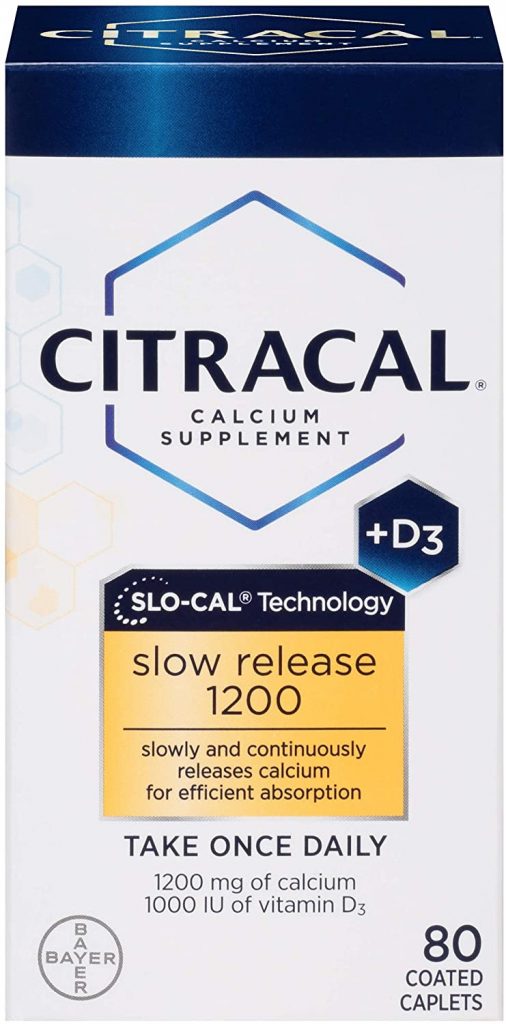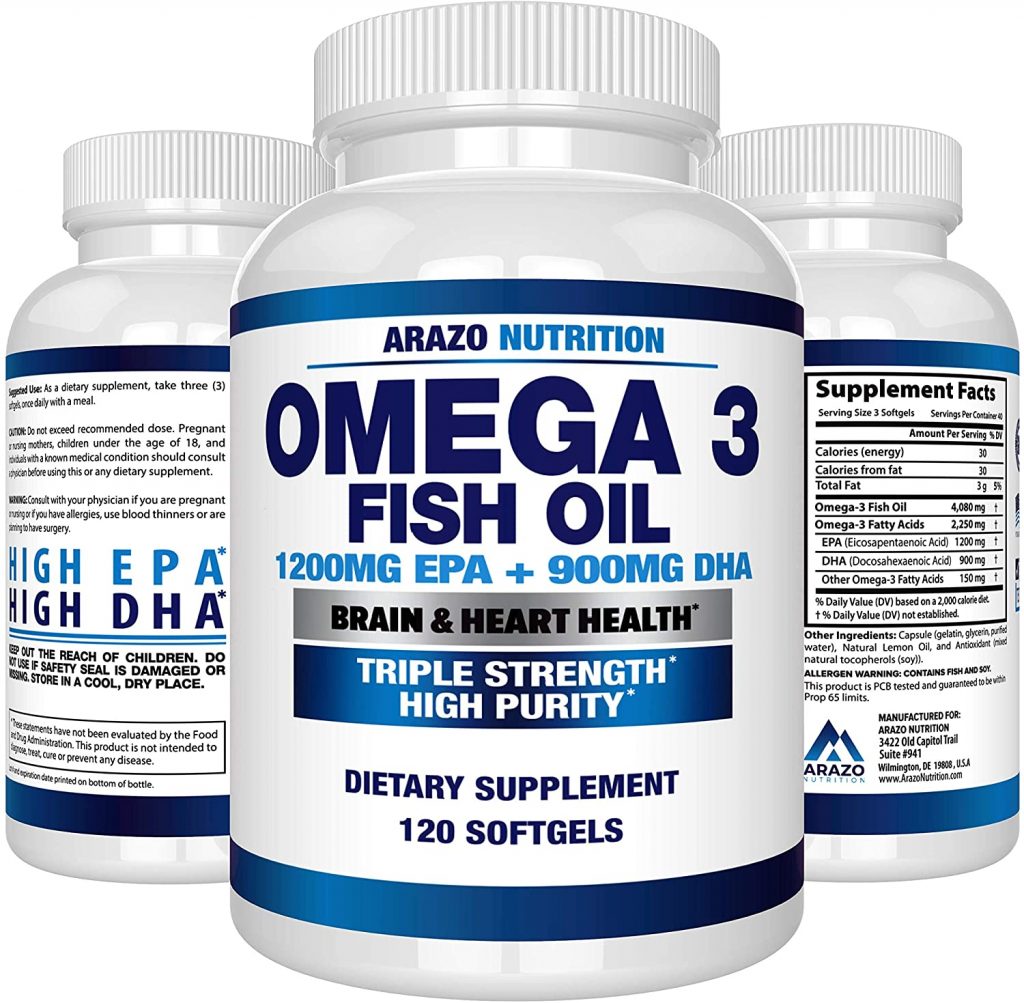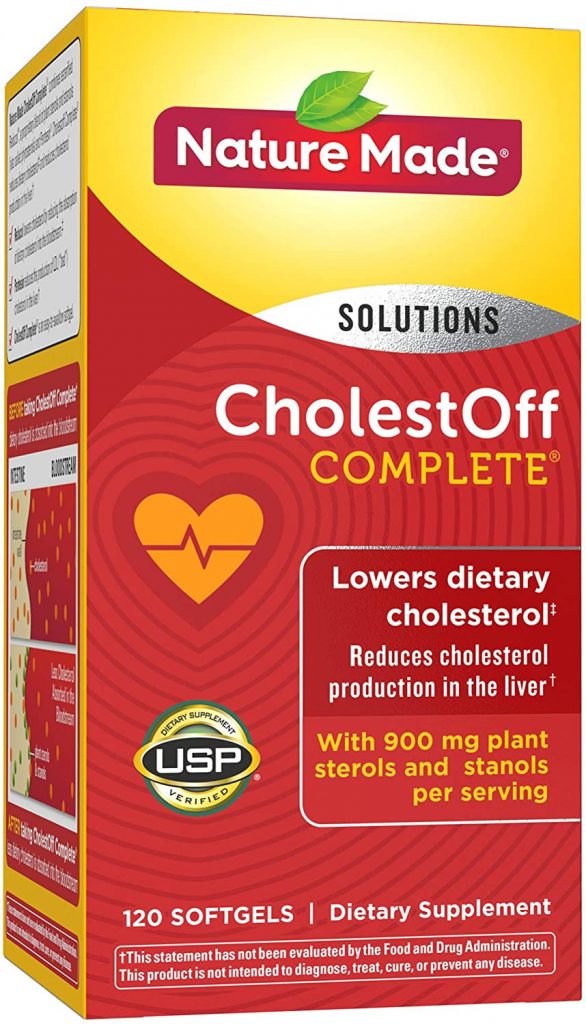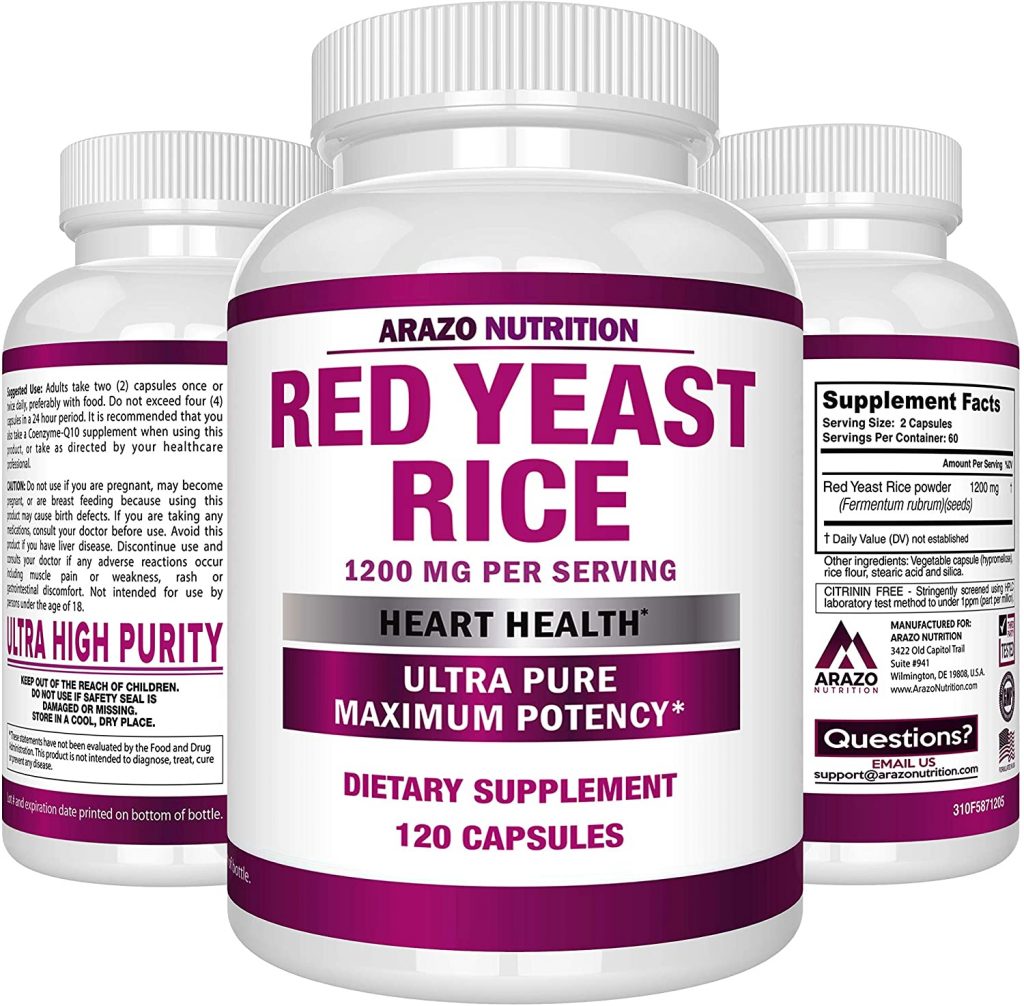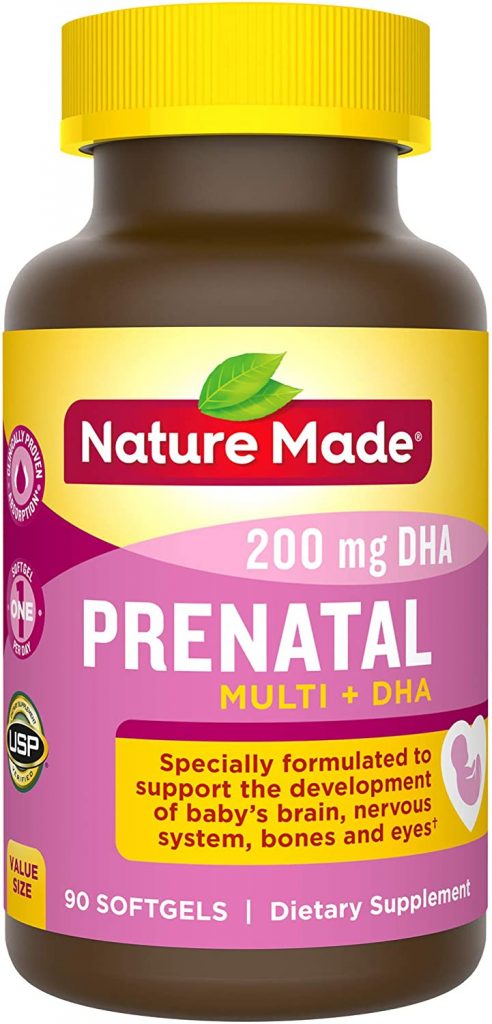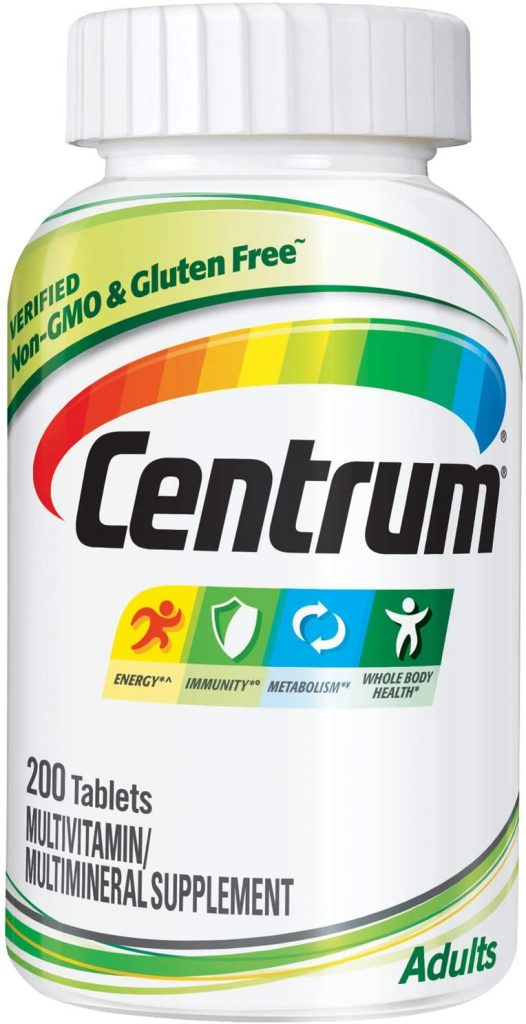Supplements
Overview
Vitamin Supplements
What are vitamins? — Vitamins are substances found in food. Most vitamins are substances the body can’t make on its own but that it needs to work well.
Vitamin supplements are pills, capsules, or liquids that have vitamins in them. Supplements are another way (besides food) that people can get vitamins.
Should I take vitamin supplements? — You probably do not need to take vitamin supplements if you are generally healthy and you eat a good diet. But it probably won’t hurt to take a multivitamin or small doses of individual vitamins.
Experts recommend that most adults get their vitamins from food rather than from supplements. That’s because eating vitamin-rich foods has other benefits besides getting you the vitamins you need. Still, there are some cases in which vitamin supplements can be helpful. For example, women who are pregnant or planning to get pregnant soon should take certain supplements. This is discussed in more detail below. There are also some groups of people who might benefit from vitamin supplements. These include:
●Adults age 65 and older – Older adults might benefit from taking 600 to 800 units of vitamin D a day. This might help strengthen bones and prevent falls.
●People with vitamin deficiencies – A vitamin deficiency is when a person does not have enough of a particular vitamin for good health. People with vitamin deficiencies sometimes need to take vitamin supplements. If you have a vitamin deficiency, your doctor will tell you which supplements to take and at what dose. You might even need to get vitamin shots.
●People who have had weight loss surgery – People who have had weight loss surgery often can’t get all the vitamins they need from food. If you have had weight loss surgery, ask your doctor if you need supplements. He or she can tell you which ones are best for you.
●People who do not eat any animal products (called “vegans”) – People who do not eat meat, eggs, milk, or other foods that come from animals sometimes need supplements. If you follow a vegan diet, ask your doctor or nurse if you should take any vitamin supplements.
Are there any vitamin supplements I should not take? — Yes. Here are some vitamins supplements that can cause problems:
●Vitamin A – In places where people have good access to healthy food, such as the United States and Europe, doctors recommend against taking vitamin A supplements. That’s because vitamin A supplements might increase the risk of cancer, heart disease, and bone fractures. In pregnant women, taking too much vitamin A can harm the baby.
●Vitamin E – Doctors recommend against taking vitamin E supplements. Studies suggest that vitamin E supplements might increase the risk of dying.
What’s the best way to get the vitamins I need from food? — The best way is to eat a diet that includes a lot of fruits, vegetables, and whole grains, and not a lot of meats or fatty foods. Some vitamins are found only in food that comes from animals, such as meat or eggs. But overall, fruits and vegetables have the highest concentrations of vitamins. Fruits and vegetables also have lots of fiber and other ingredients that generally promote good health.
What if I want to get pregnant? — If you want to try to get pregnant, take a “prenatal” multivitamin every day that has at least 400 micrograms of folic acid (one of the B vitamins). Start taking the multivitamin at least a month before you actually start trying to get pregnant. Folic acid (sometimes called folate) helps prevent some birth defects.
It is important not to take too much of any vitamin during pregnancy, especially vitamin A. Show your doctor or nurse the vitamins you plan to take to make sure the doses are safe for you and your baby.
Can Foods or Supplements Lower Cholesterol?
Can I lower my cholesterol by changing my diet? — Maybe. Some people are able to lower their cholesterol by changing their diet. While this does not always work, you can still improve your overall health by eating better.
If you have high cholesterol, it might help to avoid or limit red meat, butter, fried foods, cheese, and other foods that have a lot of saturated fat. Other things that might help lower cholesterol include:
●Eating more soluble fiber – Soluble fiber is found in fruits, oats, barley, beans, and peas.
●A vegan diet – A vegan diet contains no animal products, such as meat, eggs, or milk.
In general, you can improve your health by eating lots of fruits, vegetables, and whole grains. You can also cut back on sweets and processed foods.
What about eggs? — Eggs are OK if you want to eat them, but don’t overdo it. The news often has stories about the health benefits or risks of eggs. The truth is, eggs are a good source of protein and do not raise cholesterol much. Saturated fats (like in red meat, butter, and fried foods) affect cholesterol levels more than eggs do.
Are there specific foods that can lower my cholesterol? — Maybe. There are some foods that seem to lower cholesterol, but scientists are still not sure. Here are some foods that are being studied:
●Foods rich in omega-3 fatty acids – Foods rich in omega-3 fatty acids include oily fish, and olive and canola oil. These foods seem to raise good cholesterol and might lower certain types of bad cholesterol. More important, studies show that people who eat lots of these foods are less likely than those who eat less of them to have heart disease. If you want, it’s fine to eat 1 to 2 servings of oily fish a week (such as salmon, herring, or tuna). If you would like to take fish oil supplements, talk to your doctor or nurse.
●Nuts – Some studies show that eating certain nuts, such as walnuts and pistachios, can help lower cholesterol and even the risk of heart attack or death.
●Fiber-rich foods – Fiber-rich foods, such as fruits, vegetables, beans, and oats, seem to lower cholesterol and are generally good for your health. Some doctors even recommend fiber supplements.
What about designer foods that claim to lower cholesterol? — Be careful with these foods. There are now many foods that have added plant extracts called “sterols” or “stanols.” Examples include special margarines such as Benecol and Promise Activ. Foods with added sterols or stanols can lower cholesterol. But it’s not clear whether those foods help reduce the risk of heart attack or stroke. Plus, research in animals shows that these extracts might actually cause health problems. Experts think more research is needed before they can recommend that people eat foods with added plant sterols or stanols.
Should I take supplements to lower my cholesterol? — Maybe. Some research has shown that certain supplements can lower cholesterol. But there is almost no research showing that supplements can help prevent heart attacks, strokes, or any of the problems caused by high cholesterol. If you decide to try supplements, keep in mind that in the United States, the government does not regulate supplements very well. That means that what’s on a supplement’s label is not always actually in the bottle.
Here are some supplements that might help with cholesterol:
●Red yeast rice – This supplement can contain the same ingredient that is in a prescription medicine to lower cholesterol. Red yeast rice helps lower cholesterol, but the products that claim to have it might not always have much of the active ingredient.
●Calcium – Some studies show that calcium supplements can lower cholesterol. But there are no studies showing that they lower the risk of heart attack or stroke. Some studies even suggest that calcium supplements can increase these risks.
Calcium and Vitamin D for Bone Health
Why are calcium and vitamin D important for bone health? — Calcium and vitamin D are important for bone health because they can:
●Help keep bones strong
●Prevent bones from breaking easily, especially bones in the spine
●Help keep teeth healthy and strong
What can happen if people do not have healthy bones? — People who do not have healthy bones can have a condition called “osteoporosis.” Osteoporosis can cause bones to:
●Become thin and weak
●Break more easily – Bone breaks often occur in the spine, hip, and arm bones near the wrist.
Doctors can use different treatments for osteoporosis, including medicines. But it’s also important to eat and drink foods that have calcium and vitamin D. Eating enough calcium and vitamin D is an important first step in preventing and treating osteoporosis.
What foods and drinks have calcium and vitamin D? — Different foods and drinks have calcium and vitamin D (figure 1). Some foods and drinks have more calcium and vitamin D than others.
Foods and drinks that have a lot of calcium include:
●Milk, yogurt, cheese, cottage cheese, ice cream, and other dairy foods
●Green vegetables, such as kale, collard greens, and broccoli
●Certain nuts and breads
●Foods that have calcium added to them, such as juices, cereals, and soy products
Foods and drinks that have a lot of vitamin D include:
●Milk, orange juice, or yogurt with vitamin D added
●Salmon or mackerel
●Canned tuna fish
●Cereals with vitamin D added
●Cod liver oil
Your body can also get vitamin D from the sun. The body uses sunlight that shines on the skin to make vitamin D. But doctors don’t suggest spending a lot of time in the sun to get vitamin D. That’s because getting too much sun can lead to serious problems, including skin cancer.
What are supplements? — Supplements are pills, capsules, liquids, or tablets that have nutrients in them. Supplements are another way people can get calcium and vitamin D. Some supplements contain either calcium or vitamin D. Others have both.
Do I need to take calcium or vitamin D supplements? — People who do not get enough calcium or vitamin D from their food and drink might need to take supplements.
If your doctor recommends that you take calcium or vitamin D supplements, ask him or her which type, how much, and when to take the supplements. For example, some calcium supplements can be taken with food, but others should be taken on an empty stomach.
The type and dose of supplement that is right for you will also depend on your medical problems and the other medicines you take.
What are some common side effects of calcium supplements? — Common side effects of calcium supplements can include:
●Constipation – People who are constipated can have trouble having bowel movements.
●Upset stomach
Many people find that they can reduce these side effects by splitting up their calcium dose. For example, they might take a few small doses of calcium each day instead of one large dose.
Taking calcium supplements can also increase a person’s chance of getting kidney stones. Kidney stones are small, hard stone-like objects that can form in a person’s kidneys.
How much calcium and vitamin D do I need each day? — It depends, because each person is different. Ask your doctor or nurse how much calcium and vitamin D you need each day. Women who have gone through menopause and no longer get monthly periods usually need more calcium each day than women who still get monthly periods.
It is important not to take too much calcium or vitamin D. Taking too much calcium or vitamin D can cause problems.
figure 1: Foods and drinks with calcium and vitamin D
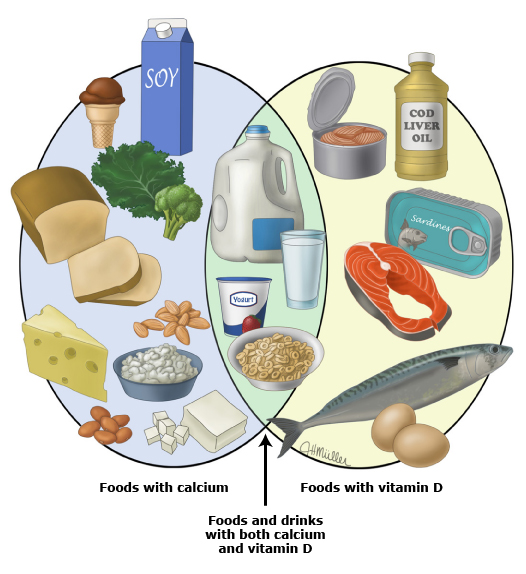
Foods rich in calcium include ice cream, soy milk, breads, kale, broccoli, milk, cheese, cottage cheese, almonds, yogurt, ready-to-eat cereals, beans, and tofu. Foods rich in vitamin D include milk, canned tuna fish, cod liver oil, yogurt, ready-to-eat-cereals, cooked salmon, canned sardines, mackerel, and eggs. Some of these foods are rich in both.
Vegetarian Myths
A vegetarian is a person who does not eat meat. There are a few kinds of vegetarians:
Those who do not eat meat, poultry, fish, eggs, dairy, or animal byproducts. These are vegans.
Those who do not eat meat, poultry, or fish. They do eat eggs and dairy. These are lacto-ovo-vegetarians.
Those who do not eat meat, poultry, fish, or eggs. They do eat dairy. These are lacto-vegetarians.
Those who do not eat meat, poultry, fish, or dairy. They do eat eggs. These are ovo-vegetarians.
Some people eat a mostly plant-based diet. They may eat meat at times. These are semi-vegetarians or flexitarians.
Those who eat seafood, but not meat or poultry. These are pesco-vegetarians.
Myth: You can get vitamin B12 from plant sources.
Fact: Vitamin B12 is only found in animal products. You can add it to your diet by eating fish, meat, or poultry. You can also get it from eggs, milk, milk products, and other fortified products. Soy milk and some cereals are fortified with vitamin B12. Talk to your doctor about taking a vitamin B12 supplement.
Myth: You can only get vitamin D from sunlight.
Fact: Vitamin D comes from 2 main sources. They are the sun and some of the foods you eat. The flesh of fatty fish and fish liver oils are among the best food sources of vitamin D. These are fish such as salmon, tuna, and mackerel. You may also get a small amount of vitamin D from beef liver, cheese, milk, or egg yolks.
Myth: You can only get vitamin A from plant sources.
Fact: There are two types of vitamin A. One kind is found in dairy products, fish, and organ meat, like liver. Another is found in carrots, spinach, broccoli, sweet potatoes, and cantaloupe.
Myth: Eating meat can cause problems like kidney disease, heart disease, and cancer.
Fact: Eating red meat may raise your risk of heart problems. You may also be at a higher risk of some kinds of cancer. People with kidney problems may have to limit their protein intake based on their disease. For most people, plant based proteins are healthy choices. These are found in beans, nuts, seeds, soy, and whole grains.
Myth: Vegetarians live longer and have more energy than meat-eaters.
Fact: There is no research that a healthy vegetarian lifestyle, when compared to a healthy low-fat meat-eating lifestyle, will result in a longer life.
Myth: Vegetarians do not get enough protein.
Fact: You can get enough protein from plant sources. Try eating beans, peas, tempeh, or seeds. Soy, tofu, and other soy products also will provide protein. Nuts, nut butters, and dairy products also provide protein.
Myth: Being a vegetarian means having the same carbohydrate-rich diet over and over.
Fact: Many vegetarians eat more types of foods because they plan meals. There are many different dishes to try. Be creative! Try pasta, quinoa, couscous, or mashed cauliflower, to name a few. Include various protein sources in your dishes like seeds, nuts, soy, and beans. Talk with a dietitian if you need help with menu planning.
Myth: Dishes made of vegetables tend to be high in fat.
Fact: Vegetables alone are not high in fat. Adding a high-fat product like butter will turn the vegetables into a high-fat meal. Try steaming or sauteing your vegetables. Use olive oil to add a healthy fat to your meal. Use herbs to add flavor without adding salt.
Myth: You will never feel full.
Fact: Many plant foods add fiber to your diet. This may help you feel full for a longer time.
If you are a vegetarian, you may need to take a multivitamin. Ask your doctor before you start any supplements.


